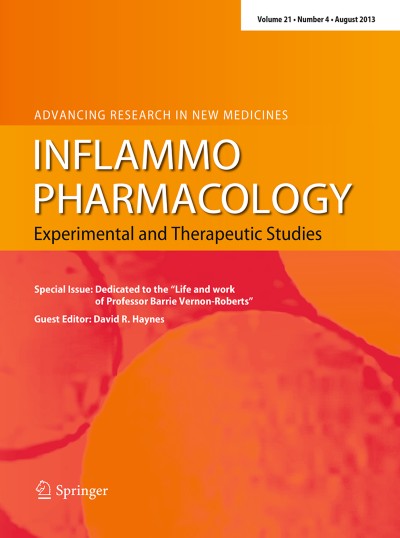Background
Pentoxifylline (PTX), a methylxanthine derivative, has been recognized as a potential anti-inflammatory treatment across various conditions, yet its effects on inflammatory markers remain inconsistent. This systematic review/meta-analysis evaluated the impact of PTX on serum levels and gene expression of key inflammatory markers in randomized controlled trials (RCTs).
Methods
A systematic search was conducted in PubMed, Scopus, Embase, Web of Science, and ProQuest up to May 2025. Search results were screened in two stages by two independent reviewers. Data was extracted and the quality of the studies included was assessed using the Cochrane Risk of Bias (RoB) tool. Statistical analysis was performed using STATA -17. The present study was conducted in accordance with the PRISMA guidelines.
Results
This study included 81 RCTs involving 7,058 participants. PTX treatment significantly reduced serum levels of CRP (SMD = −0.30, 95% CI: −0.47 to −0.13), IL-6 (SMD = −0.51, 95% CI: −0.81 to −0.22), TNF-α (SMD = −0.72, 95% CI: −0.95 to −0.48), and IL-8 (SMD = −1.14, 95% CI: −1.94 to −0.33) compared to controls. No statistically significant effects were observed for IL-1β, ESR, IL-10, or TNFR. High heterogeneity was noted in most outcomes, partly attributed to variations in age, treatment duration, dosage, geographic region, and health conditions. Subgroup analyses revealed that younger patients, shorter interventions, and lower PTX doses were associated with stronger anti-inflammatory responses.
Conclusion
PTX reduces TNF-α, IL-6, IL-8, and CRP, supporting its role in chronic inflammatory diseases. Efficacy varies by age, dose, duration, geography, and disease, requiring personalized treatment. Contradictory biomarker effects and study limitations warrant high-quality trials with standardized protocols.
